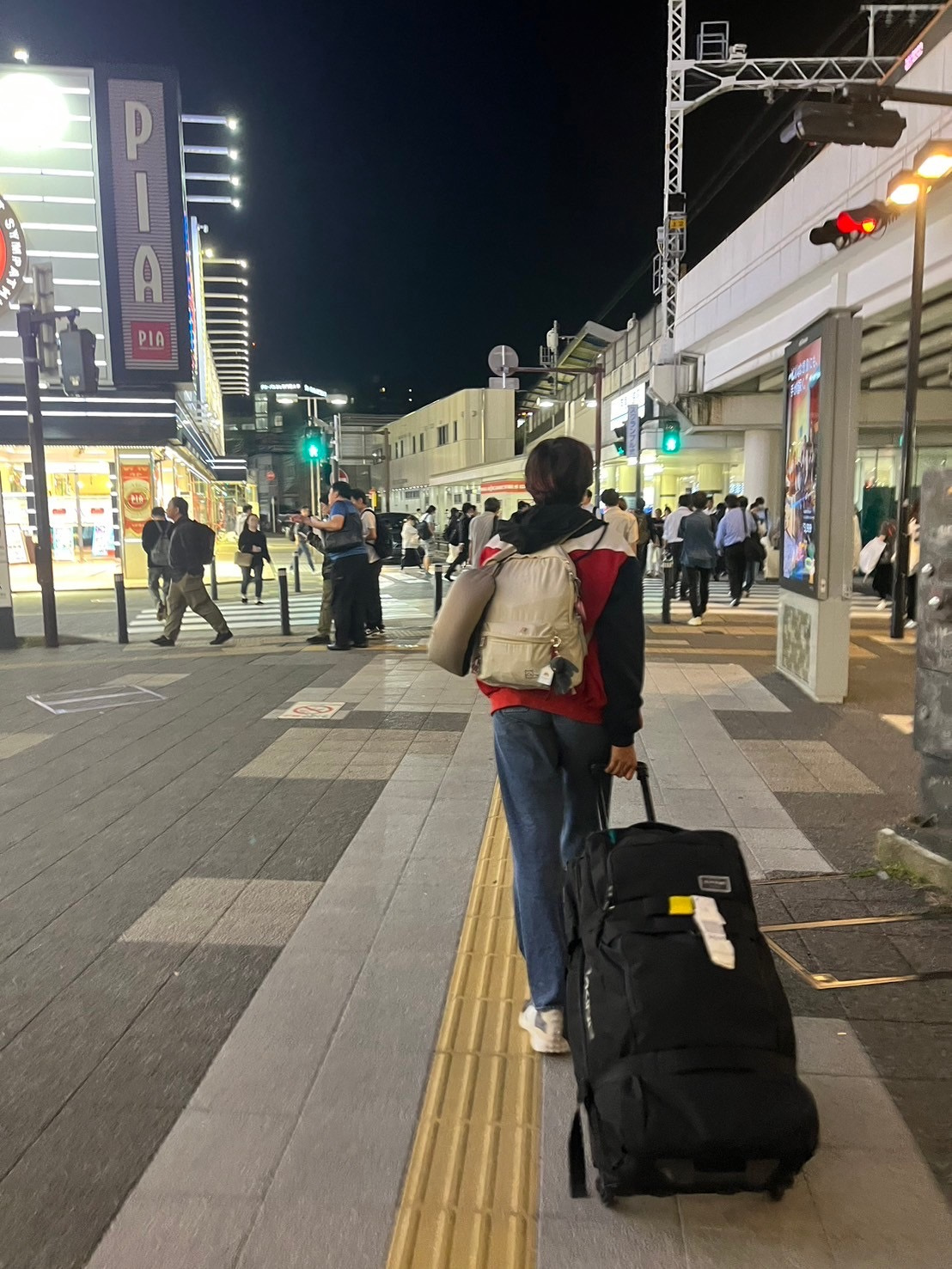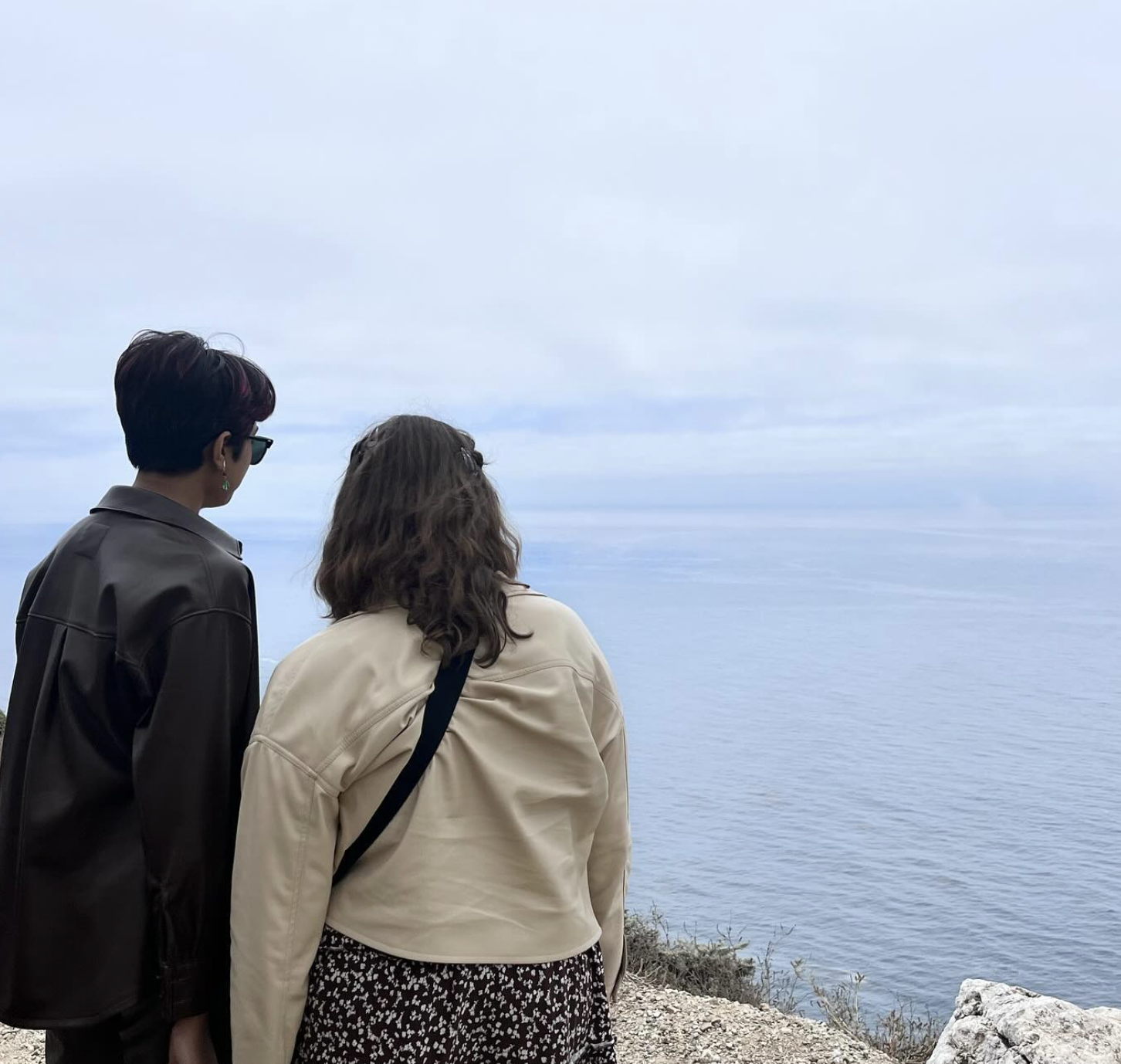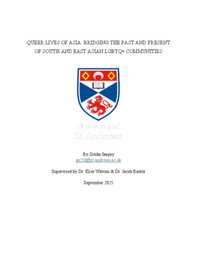Ten Years Later: On Conclusions and Finding the Ending

The California coastline is 840 miles of sand-stretched beach and rocky shores, high-rise cities and surfing towns, lupine and poppy and brush. It entwines with the Pacific Ocean, surf bleeding into the vast stretch of water that appears never-ending, pausing only to meet the horizon. I suppose I fancy myself a tortured poet of sorts, staring out at the waves, but the truth is more joyful: picnics and shells and shared laughter echo through the busy Santa Cruz coves as I watch the ceaseless movement of the ocean outwards. It’s easy to believe it goes on forever.
It doesn’t, of course. Every ocean finds land, every journey ends in a destination, and, as such, every story has its ending. I don’t mean finality – when the Pacific Ocean inevitably hits the eastern coast of Japan, the world does not come to a grinding halt – but something new has the chance to begin. It’s a thought I keep in mind often now, as August prepares to close its doors, and my research summer has come to its end.
So, then, how do I end this story? How can I traverse the ocean that is five months, four countries, fifteen interviews, and ten thousand words of writing to find a natural conclusion? I could keep writing; it seems as if there is always more to say, but the more I say the less meaning there is overall. Part of my struggle lies in fear – will I be able to adequately represent the people who have shared their lives with me? A deeper, more selfish part is rooted in vanity – a story never told does not leave itself open for criticism, after all. But it remains that, a story never told, and I want to tell this one.
I went back to the beginning – the interviews. The last question I asked every person I spoke with was about their own futures: in ten years, what do you hope to see? After all, their stories don’t end with a line of text or a bibliography; they are ongoing, and each person had vivid, unique dreams for the future. Machiko, a middle-aged woman living in Saitama, hopes to see her country and her community continue to move towards acceptance. “I hope things will always continue to change,” she says. “To drive change, I think the best thing is not to hide and to be open and true to ourselves.” Rit, a queer film student from Mumbai, wants to see the implementation of anti-discrimination law in local schools. Koichiro Hoshi and his partner, a gay couple living in Tokyo, want to “be able to live together as married partners” - though Hoshi-san jokes he may be dead by then. (I assure him he won’t be).
Marriage equality, educational programs, children, falling in love; I could feel the excitement of moving forward, and it gave me the answer to my dilemma. What started with conversations will end with conversations – with their answers, and their vision for the future.
“It spins like a wheel inside you: green yellow, green blue / green beautiful green. / It’s simple: it isn’t over, it’s just begun. It’s green. It’s still green.” - Richard Siken, “Meanwhile”

Heading to the airport on my last day in Japan, with a heavy backpack and a well-work neck pillow. Thank you, Shiori, for coming with me to the airport and witnessing my heartbreak when my backpack strap broke.

Me and my friend Emily staring out at the Pacific Ocean from a Highway 1 viewpoint, on one of the most gorgeous summer days.




Please sign in
If you are a registered user on Laidlaw Scholars Network, please sign in